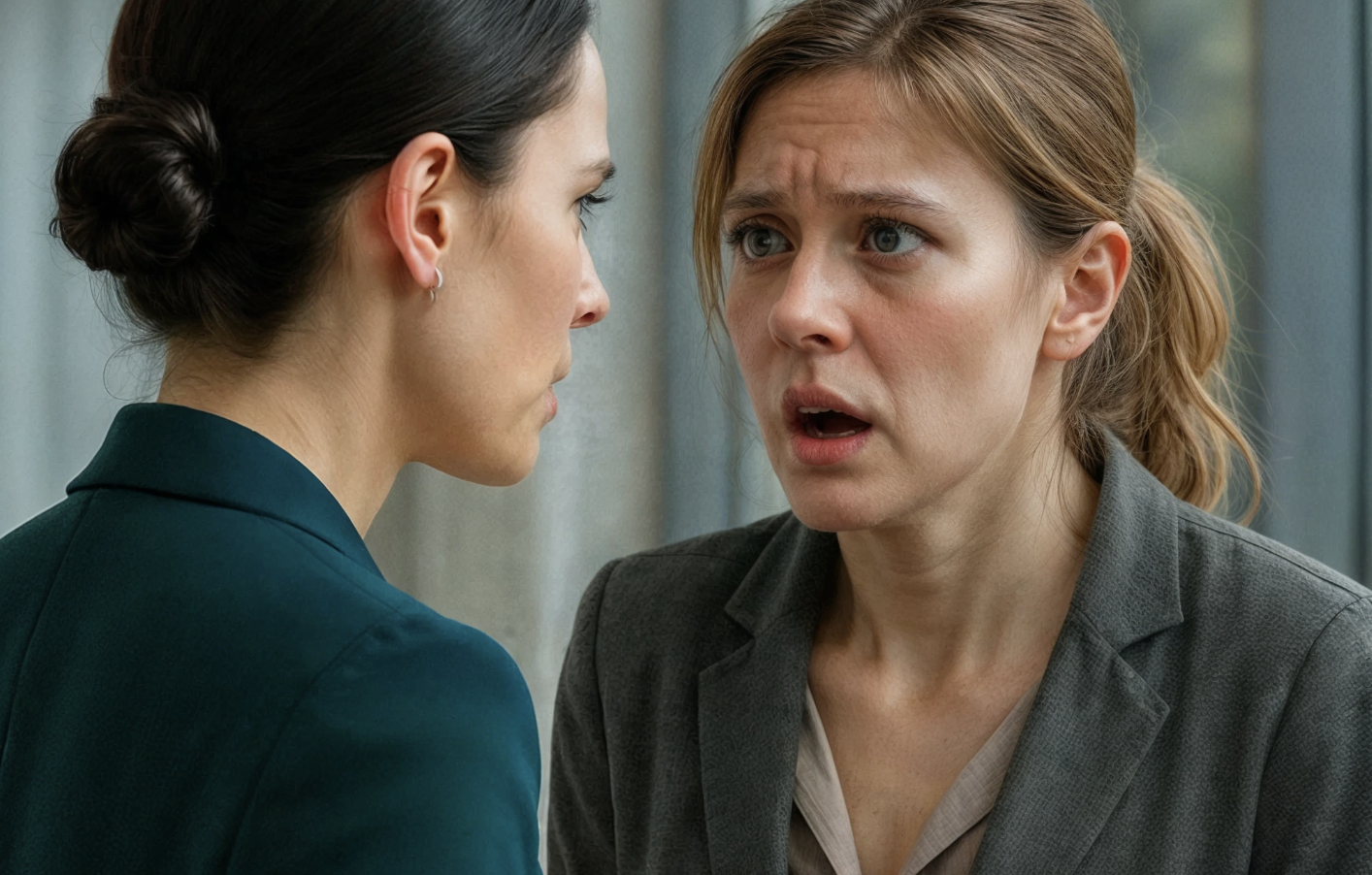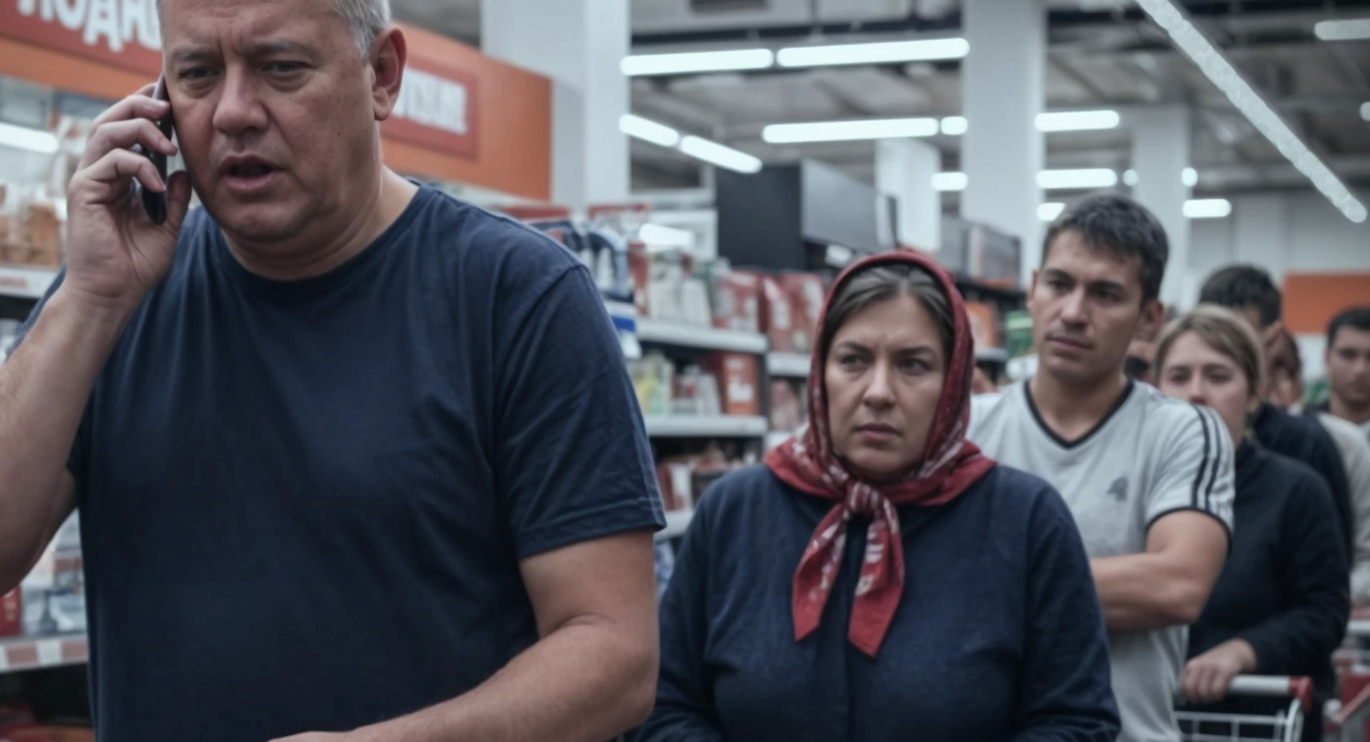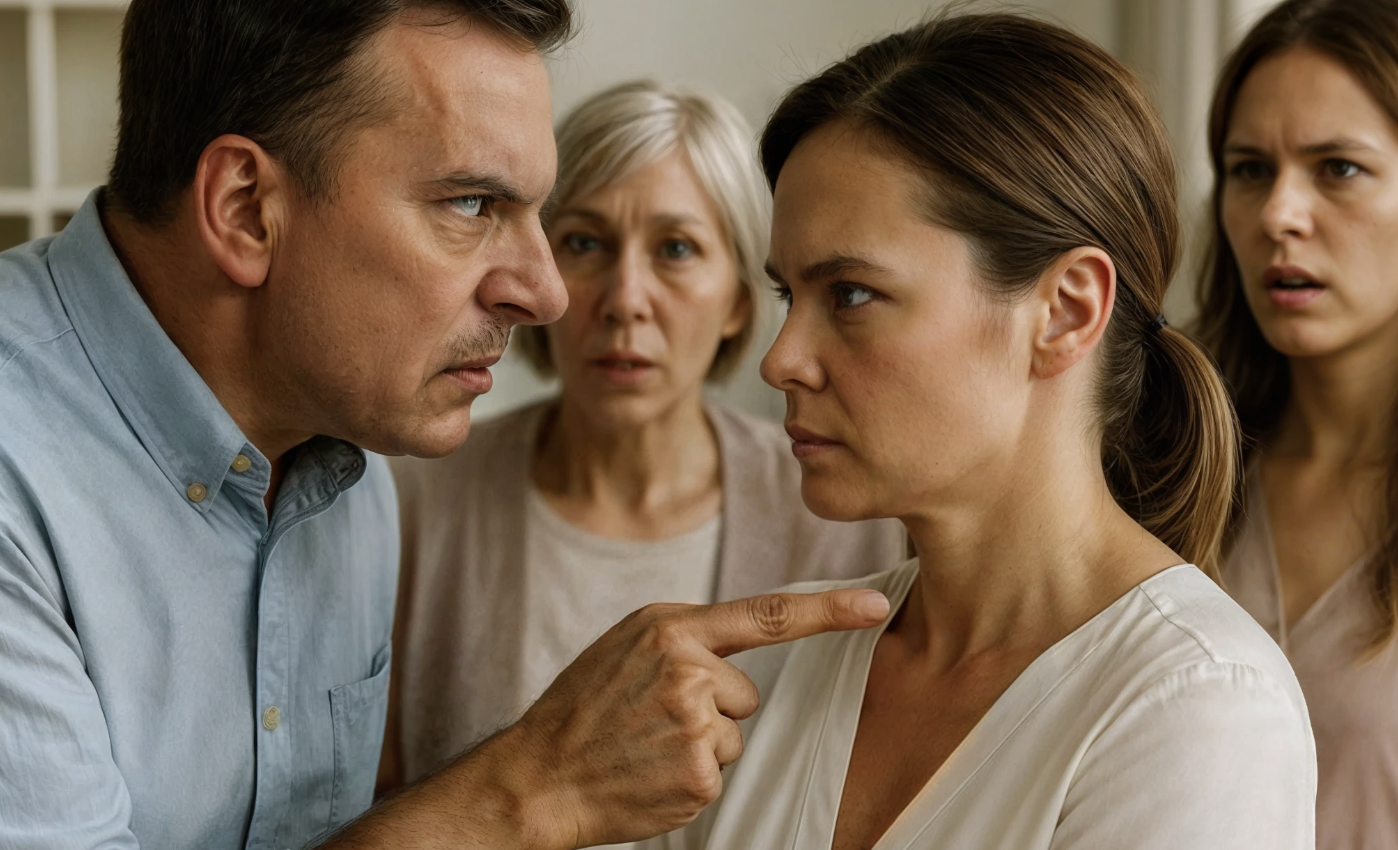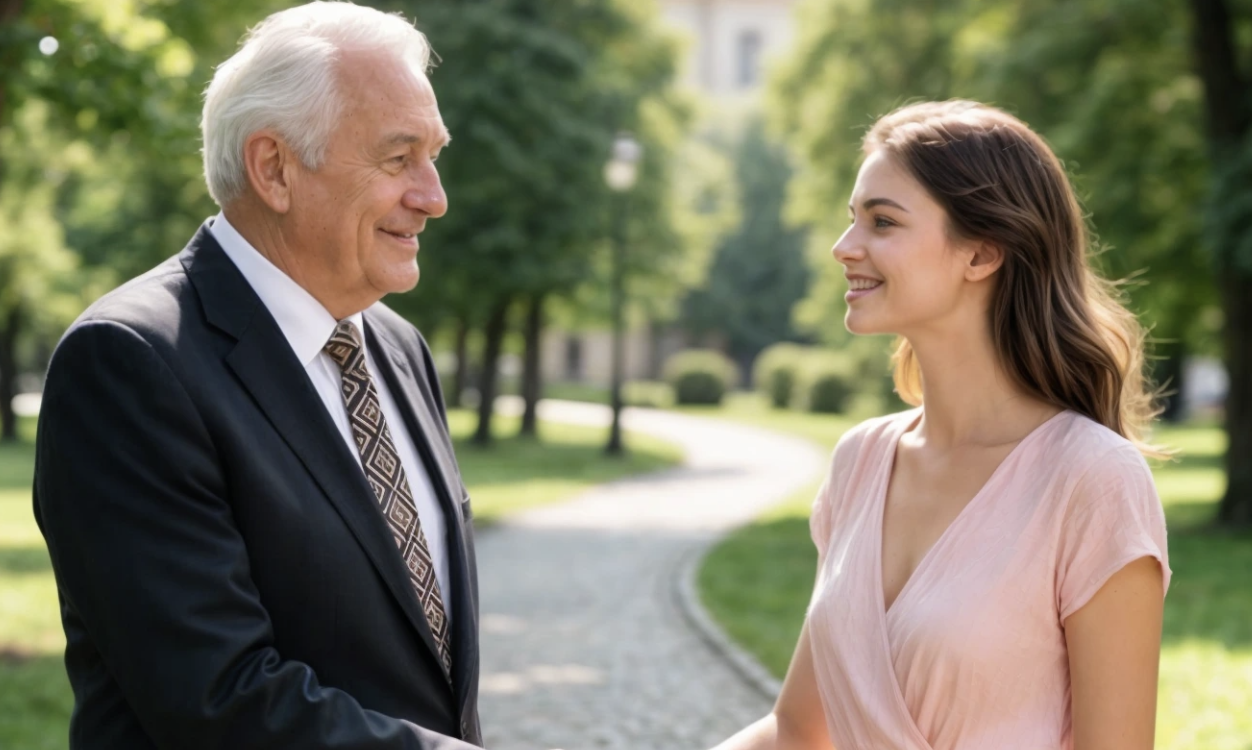“Why On Earth Should I Sell My Apartment Just To Please Your Family?” The Wife Stared At Andrey.
“Are you suggesting I give away what I worked seven years for? Are you out of your mind?” Svetlana looked at her husband as if she were seeing him for the first time. In her eyes there was less anger than bewilderment. Andrey drummed his fingers nervously on the tabletop. His patience was running out … Read more









